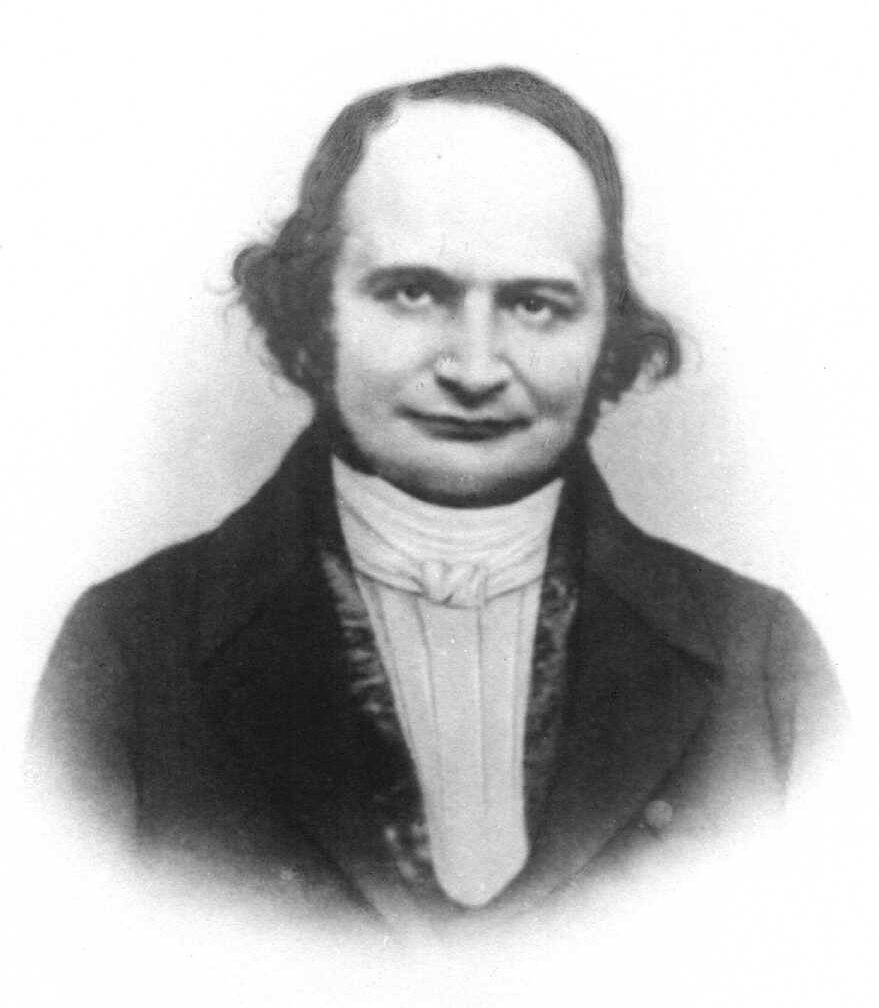„Das einzige Ziel der Wissenschaft […] ist die Ehre des menschlichen Geistes.“
Übersetzung in: Jahresbericht der Deutschen Mathematiker-Vereinigung, Bände 26-27, G. Reimer, Berlin 1918, S. 218, books.google.de https://books.google.de/books?hl=de&id=JX9IAQAAMAAJ&dq=%22das+einzige+ziel+der+Wissenschaft%22
Original franz.: "Il est vrai que M. Fourier avait l'opinion que le but principal des mathématiques était l'utilité publique et l'explication des phénomènes naturels; mais un philosophe comme lui aurait dû savoir que le but unique de la science, c'est l'honneuer de l'esprit humain, et que sous ce titre, une question de nombres vaut autant qu'une question du système du monde." - Jacobi an Legendre, Königsberg, 2. Juli 1830, in: C. G. J. Jacobi's Gesammelte Werke, Hrsg. C. W. Borchardt, G. Reimer, Berlin 1881, S. 454f.,
